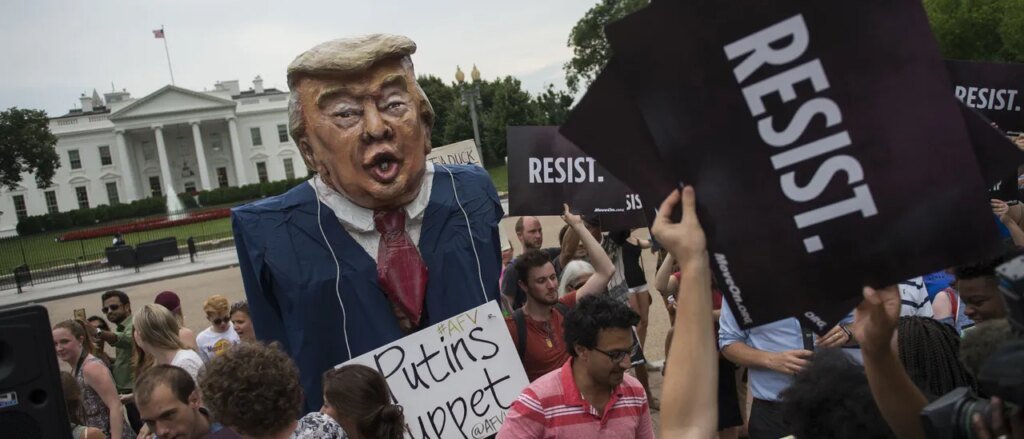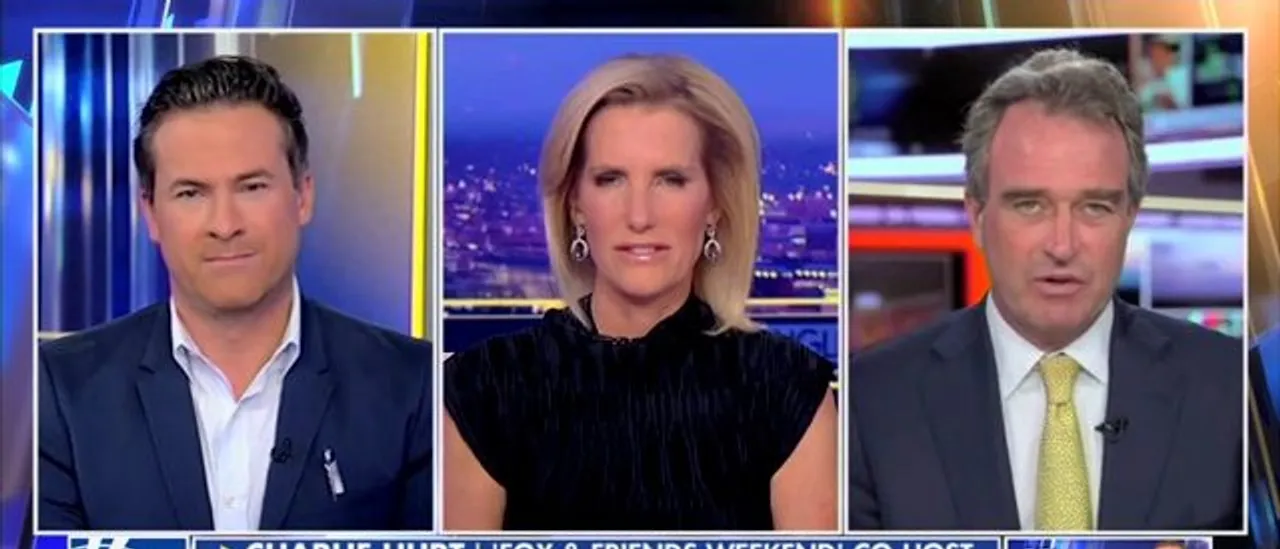Following the 2016 U.S. presidential election, the American left aggressively pushed the narrative of a Russian conspiracy. This was bolstered by various media, intelligence agencies, and political figures intent on uncovering what they saw as a huge threat to American democracy.
However, recent declassifications reveal that the situation was notably different. The investigations, led by National Intelligence Director Tarshi Gabbard, did not implicate Trump in a conspiracy with Russia but pointed fingers at officials from the Obama administration, such as DNI James Clapper and CIA Director John Brennan.
The documents bring to light inconsistencies, particularly regarding the extent of Russian cyber impact. For example, a 2017 Intelligence Community Assessment (ICA) expressed great confidence in alleged Russian efforts to aid Trump through hacking and disinformation. This assessment was heavily influenced by questionable sources, notably the Steele dossier, which was funded by the Hillary Clinton campaign. Unfortunately, this has led legitimate concerns about foreign electoral interference to be weaponized politically. The entire Russian collusion narrative has resulted in a lengthy and politically charged campaign that has harmed national institutions. It has also perpetuated media corruption and highlighted power abuses within the FBI and intelligence services, impacting the perception of Russia as a global adversary.
The far-reaching damage of the left’s narrative regarding Russian interference has indeed had lasting ramifications. Instead of fortifying America’s ability to counter Russian aggression, it has inadvertently spawned a faction on the right that sees Russia more as a scapegoat for partisan attacks than a true threat. This miscalculation not only weakens national unity at a precarious geopolitical juncture but also inadvertently benefits Russia. Amid ongoing territorial incursions, cyber assaults, and sophisticated disinformation campaigns, Russia capitalizes on the fractures within American political circles.
It’s worth noting that the original claims of Russian interference were not entirely unfounded. The 2019 Mueller Report documented instances of systematic Russian meddling in the 2016 election, citing effective hacking and significant online operations. However, the narrative has gone far beyond the available evidence, with many on the left promoting an overt conspiracy between Trump’s campaign and the Kremlin as if it were established fact.
Despite the thoroughness of Mueller’s investigation, it failed to provide definitive proof for such collusion. Polls indicated that more than half of Americans perceived Mueller’s efforts as politically motivated. Over time, this skepticism has morphed into a pervasive distrust of Russia as an outright antagonist.
As of now, the perception of Russia as an enemy has shifted among Americans, dropping from 61% in 2024 to about half today, with a notable decline among Republicans. This division isn’t merely a discrepancy in survey results; it poses real implications for national security. Following Russia’s invasion of Ukraine in 2022, the Kremlin has engaged in destabilizing activities in Europe and weaponized energy markets. Yet, some factions within the American right continue to downplay these threats or demonstrate a troubling indifference towards the victims of Russian aggression. If left unchecked, this mindset could undermine the bipartisan resolve established during the Cold War.
This divide was somewhat anticipated. It stemmed from a tendency on the left to weaponize political rhetoric against domestic opponents rather than addressing Russia as a foreign adversary. This approach has diluted the immediacy of confronting a nation that has thrived on exploiting weaknesses in the West. Russia’s modern tactics, including cyberattacks and disinformation campaigns, necessitate a unified American response. Instead, the country appears more fractured and cynical than ever.
Restoring a reliable and cohesive front will require a commitment to intellectual integrity. The left must temper its rhetorical excess and return to strategies grounded in evidence. At the same time, the right should resist the temptation to view Russia as simply a partisan talking point or a symbol of strength. History demonstrates that a bipartisan stance was crucial in countering Soviet ambitions during the Cold War. Without a similar unity, the ramifications could extend beyond politics and become strategically irreversible. The left’s abuse of power erodes trust domestically and weakens America’s overall position against figures like President Putin.







